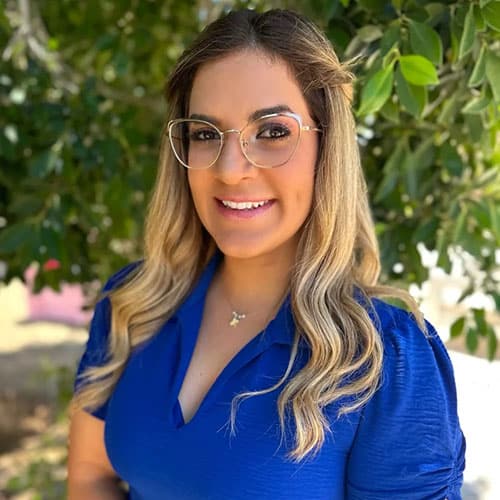Your loved one has been communicating less. They’ve been gone for long periods of time, or they’re home, but they’re isolating. You’ve been arguing about their drug or alcohol use. You’ve been worried. If a loved one’s substance use has been weighing on you and your family, it may be time to seek help.
Choosing a California interventionist is often a major step toward helping a loved one overcome addiction, mental health disorders, or other destructive behaviors. The right interventionist can guide the person of concern and their family through this emotional process, ensuring that everyone is heard and that the individual can accept treatment and get the help they need.
But what should you look for in a professional interventionist?
1. Credibility and Certification
The first thing you should be on the lookout for is the interventionist’s credibility and certifications. Opt for an interventionist who is certified by reputable organizations in the field of addiction treatment. A certified interventionist not only adheres to professional standards but also follows ethical guidelines.
Certification also ensures that the interventionist is equipped with the necessary skills and training to facilitate an intervention. This can be critical for the success of the process. After all, the safety and well-being of your loved one are at stake, and you want someone who is adequately prepared for this sensitive undertaking.
2. Experience with Specific Addictions
Different types of addictions, like drug, alcohol, or process addictions, require different types of interventions. It’s essential to find an interventionist who has experience with the particular substance or behavior that your loved one is struggling with. This specialized experience will enable the interventionist to tailor the process to your unique situation, enhancing its effectiveness.
The right interventionist will also be able to advise on treatment options that are specifically suited for the type of addiction in question. Having experience in the field means the interventionist will have a wealth of information at their disposal, potentially making the difference between success and failure.
If your loved one is struggling with a mental health disorder, make sure the interventionist has experience with mental health interventions.
3. Good Communication Skills
Effective communication is a cornerstone of any successful intervention. The interventionist should not only be a good speaker but also an excellent listener. They need to create a safe space where everyone feels comfortable sharing their thoughts and feelings, even when those feelings are painful or awkward to express.
The interventionist should also be skilled at managing emotional situations and guiding the conversation constructively. Their ability to communicate will influence how well they can mediate between the person who needs help and their concerned family members, making this skill indispensable.
4. Compassion and Empathy
Having compassion and empathy can go a long way in the intervention process. The interventionist should be someone who can understand the emotional upheaval that both the addict and the family are going through. Empathy allows the interventionist to navigate the sensitive dynamics that often arise during interventions, such as guilt, denial, or anger.
A compassionate interventionist will help maintain a non-judgmental atmosphere, ensuring that the focus remains on recovery and healing. This balanced approach helps to keep everyone engaged and makes it easier for the individual to accept help.
5. Strong Follow-Up Program
Intervention is only the first step in the recovery process. What comes after is equally important. Look for an interventionist who offers a robust follow-up program that involves not just the individual but also the family. Continual support can make a significant difference in long-term recovery, and can help your loved one stay in their treatment program.
A good follow-up program will include regular check-ins, recommendations for further treatment, and resources for both the individual and family members. This ongoing commitment to recovery will help to solidify the gains made during the intervention and treatment phases.
6. Professional Network
Lastly, it’s beneficial to work with an interventionist who has a strong professional network. A well-connected interventionist can provide referrals to top-tier treatment facilities and other recovery resources. Their recommendations can be invaluable when it comes to making decisions about the next steps in treatment.
Having a network of professionals to collaborate with can also enhance the quality of care your loved one receives. This is especially true when it comes to complex or dual-diagnosis cases, where a multidisciplinary approach is often required.
Contact Us to Speak with a Licensed Interventionist California
Finding the right interventionist can be a daunting task, but keeping these six essential qualities in mind will guide you in the right direction when looking for intervention services. Remember, the objective is to get your loved one the help they need for substance abuse and mental health issues, and the interventionist will be your partner in this difficult yet critical endeavor. So take your time, do your research, and make an informed decision that you’re comfortable with. Your loved one’s future may depend on it.







